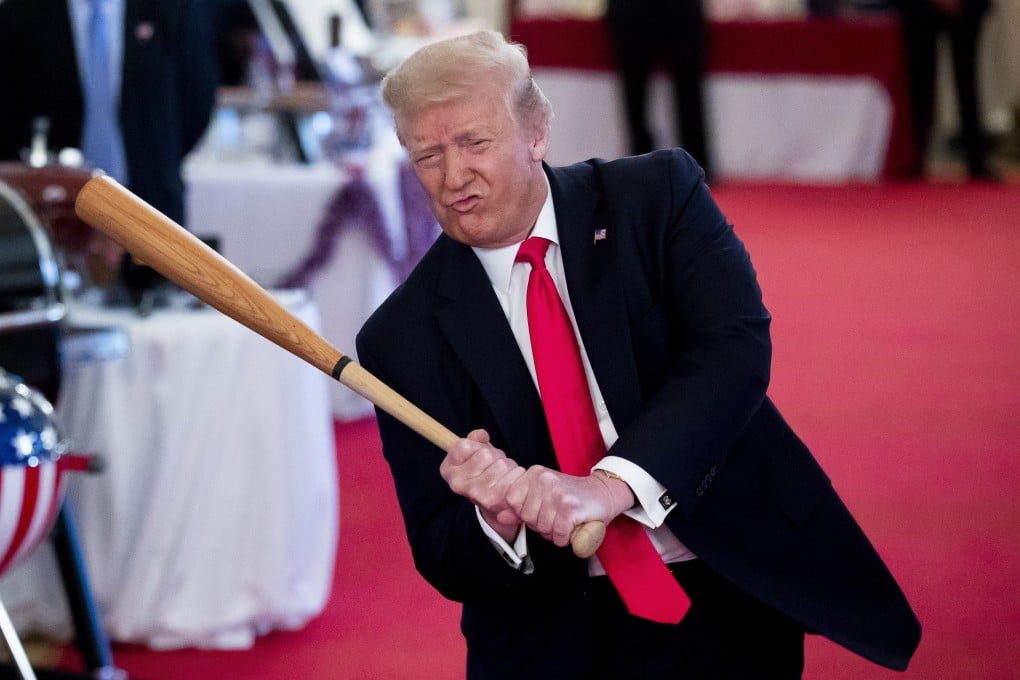The View | End of hyper-globalisation need not mean a world where geopolitics trumps all else
- With China’s rise as a geopolitical rival to the US, and Russia’s invasion of Ukraine, strategic competition has reasserted itself over economics
- However, a scenario is possible with a better balance between the prerogatives of the nation state and the requirements of an open economy

But all the talk about deglobalisation should not blind us to the possibility that the current crisis may produce a better globalisation.
Global value chains stopped spreading. International capital flows never recovered to their pre-2007 heights. And populist politicians openly hostile to globalisation became much more influential in advanced economies.
Hyper-globalisation crumbled under its many contradictions. First, there was a tension between the gains from specialisation and from productive diversification.
The principle of comparative advantage held that countries should specialise in what they were currently good at producing. But a long line of developmental thinking suggested that governments should instead push national economies to produce what richer countries did.

